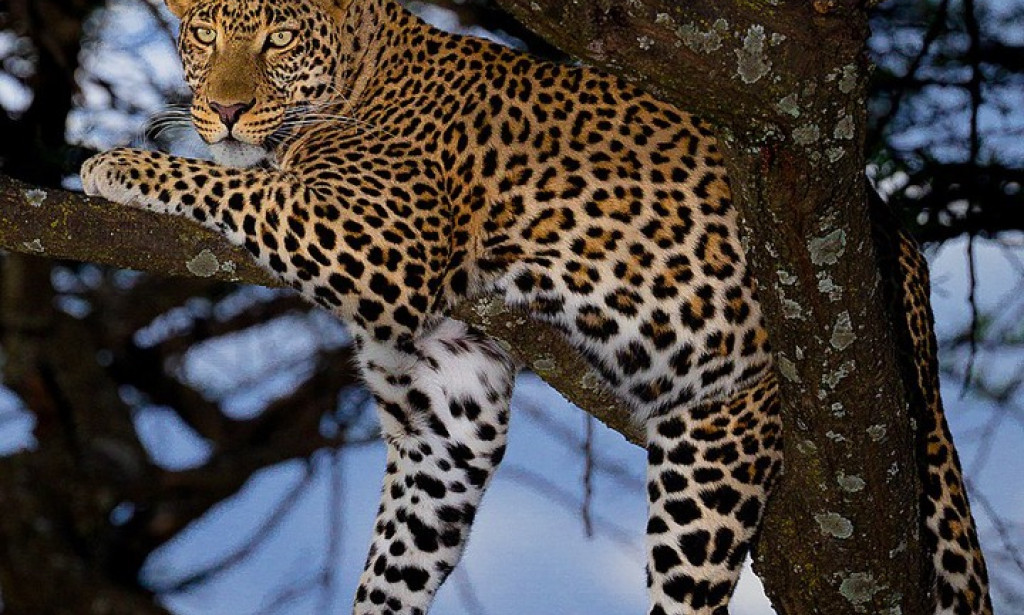Ondo State is located in southwestern Nigeria and is known for its rich cultural heritage and natural resources. The state is bordered by Ekiti State to the northwest, Osun State to the southwest, Ogun State to the south, and Edo State to the east. The state capital is Akure, and other major towns include Owo, Ondo, and Ikare. Ondo State is home to a diverse population, with the Yoruba people being the dominant ethnic group.
The state is known for its agricultural resources, particularly its production of cocoa, rubber, and oil palm. The state also has a rich history of traditional arts and crafts, including weaving, pottery, and wood carving. The state is also home to several historical sites and landmarks, including the Idanre Hills, which are believed to be over 2,500 years old.
Ondo State has a total land area of 15,761 square kilometers and a population of approximately 3.4 million people. The state is governed by a governor and a deputy governor, who are elected to four-year terms. The state's economy is largely based on agriculture and oil production, and there are also a number of small and medium-sized businesses operating in the state.
The state has a high rate of unemployment and underemployment, which is a major challenge facing the state government. The state government is also working to improve healthcare, education and infrastructure across the state, with a focus on increasing access to basic services for the most vulnerable members of the population.


You must be logged in to post a comment.